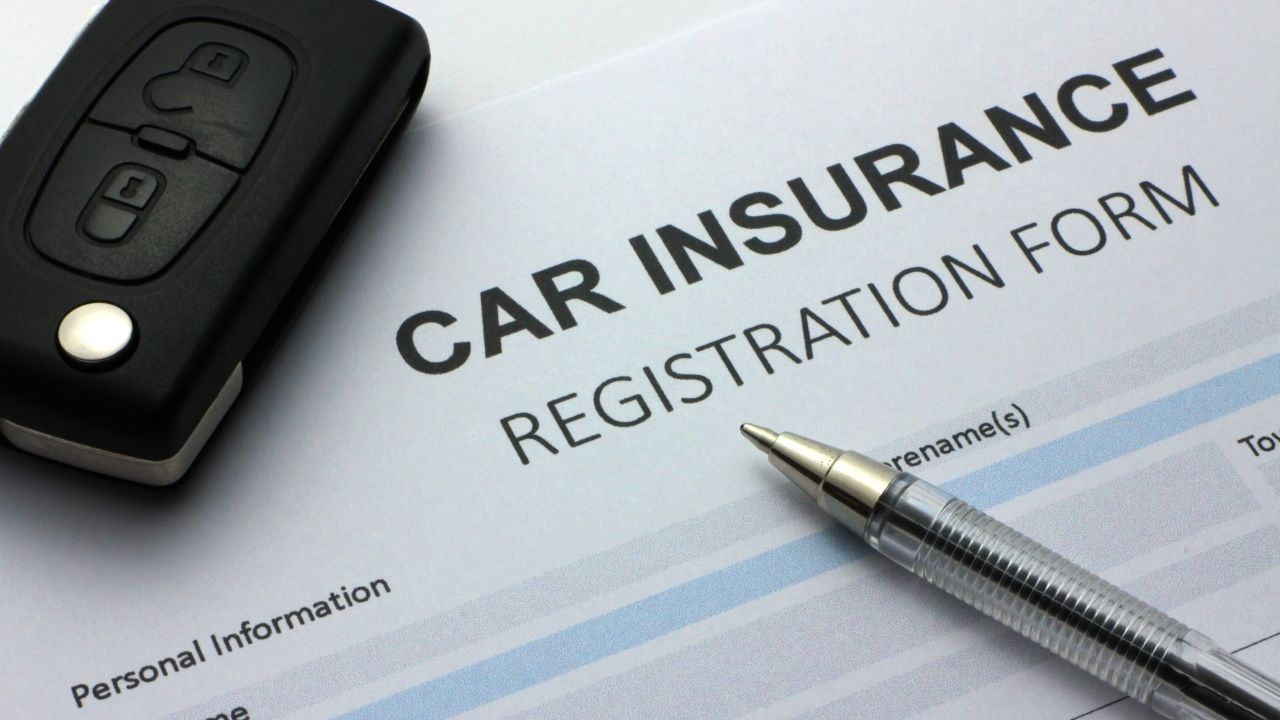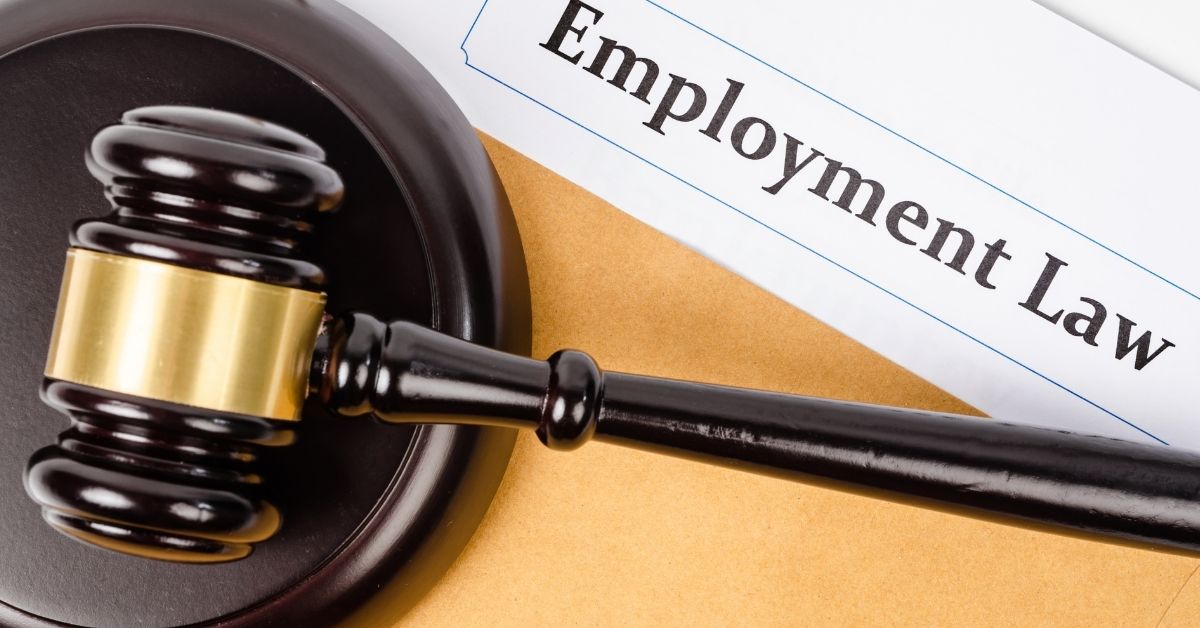Why Having the Minimum Auto Insurance Policy is a Bad Idea

Searching for the best car insurance policy can be time-consuming and overwhelming. This is especially true if you aren’t sure how much coverage you need or if you feel like you are overpaying. An enticing price point can make minimum-coverage insurance policies appealing. But, minimum-coverage auto insurance policies are a bad idea.
Why Do I Need Car Insurance?
Car insurance is required on all vehicle operating or parked on California roads and you are required to carry evidence of that insurance in your vehicle. Click here to read an earlier blog post on how to understand insurance policies so that you can pick the right type of insurance and coverage amount to meet your needs.
Car insurance, in general, covers the costs associated with accidents involving you and your vehicle – whether you are at-fault or you’re the victim. This can include damage to property, like your vehicle (or any other vehicles involved), or physical damages, like whiplash or a broken leg. So, think of car insurance as a payment to ensure that you are protected financially even in an accident.
What If I’m Not Driving?
In California, if your vehicle is parked on a California road, you are still required to have car insurance. However, there are some circumstances where you will not be driving your car. For example, if you are going to be overseas for an extended period of time. Or, if your car will not be operational for several months. Maybe if you’ve suffered a severe injury and will be home-bound for some time. In these cases, you may still benefit from having more than liability insurance; comprehensive insurance will be able to cover damage to your vehicle in the case of vandalism, theft, or environmental damage (like a tree branch falling on your car).
What Type of Insurance Policy Do I Need?
Liability Insurance
Generally, the minimum amount of car insurance required is liability insurance . This means that any damage caused by you will be covered up to a certain amount. The minimum insurance required to legally park or drive on California roads does not include insurance that protects you if your own vehicle is damaged or if you sustain injuries in an accident. Generally, you should purchase enough liability insurance to cover what you could lose in a lawsuit against you after a car accident.
Uninsured/Underinsured Motorist Insurance
Uninsured and underinsured motorist insurance can pay for your medical bills. That is if someone at-fault in a car accident does not have liability insurance. Or, if they don’t have enough liability insurance to cover your costs. These costs include medical expenses, lost wages, damage to your vehicle, and more. Generally, you should purchase uninsured/underinsured motorist insurance to match your liability insurance.
Collision and Comprehensive Insurance
Collision and comprehensive insurance are often sold together. Both provide coverage for costs associated with vehicle repair. If you have a car loan or are leasing your vehicle, your lender or leasing company may require you to carry both types of insurance.
Personal Injury Protection (PIP)
Personal Injury Protection (PIP) covers medical bills for you and your passengers regardless of who caused the accident. It also covers costs like lost wages or funeral expenses. Some insurance companies include coverage for replacement services for tasks you cannot accomplish because of your injuries. These services are things like cleaning services, or child and pet care.
Medical Payments
Medical payment coverage will cover expenses for you or your passengers regardless of who caused the accident. Unlike PIP, it would not cover lost wages. Medical payments insurance can be used to supplement PIP policies because it pays medical costs quickly, has no deductible or co-pay, and still offers coverage to you even if you are a passenger in someone else’s vehicle or if you are taking public transportation.
What Type of Insurance Policy is Optional?
Gap Insurance
If your car is totaled in an accident covered by your insurance policy, gap insurance covers the difference between the cash value of your vehicle and how much you owe on loan or leases. However, if you own your vehicle outright, you likely would not need gap insurance.
Rental Reimbursement Insurance
If your vehicle is being repaired due to an issue covered by your insurance policy, this coverage would pay for a rental vehicle. Rental reimbursement may also cover other forms of transportation, like commuter train or bus fare during repairs. If you can temporarily share a vehicle with a family member or partner, you may not need rental reimbursement insurance.
Roadside Assistance Insurance
Roadside assistance is beneficial in many cases. For example, if you run into issues like locking your keys in your car. Or, if you need a tow-truck or someone to help jump-start your vehicle. However, if you carry jump-start cables in your vehicle or a reliable friend or family member who can help you in an emergency, you may not need roadside assistance.
Contact a Car Accident Attorney Today
After any car accident, you should speak to an attorney who can help you navigate the complexities of this situation. An attorney can offer guidance so you can take the right steps following an automobile accident, especially when dealing with insurance claims and policies. The car accident attorneys at B|B Law Group have a wealth of experience when it comes to auto accidents and can answer your questions. Contact the B|B Law Group to schedule a consultation today!


